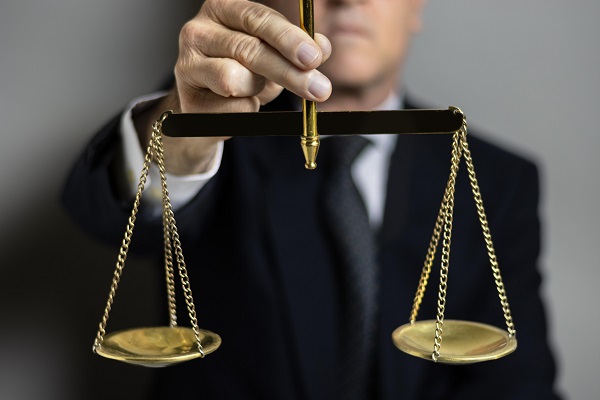
Introduction:
Riding a motorcycle can be an exhilarating experience, but it comes with its own set of risks. Motorcycle accidents are unfortunately common and can result in serious injuries, property damage, and even fatalities. In the aftermath of a motorcycle accidents, understanding the legal implications is crucial for all parties involved. This article will delve into the various legal aspects surrounding motorcycle accidents, including liability, insurance, and potential legal recourse.
Determining Liability:
One of the primary considerations after a motorcycle accident is determining liability. Liability is the legal responsibility for the accident, and it plays a critical role in determining who is financially responsible for the damages. In many cases, negligence is a key factor. Negligence can be attributed to a variety of actions, such as reckless driving, failure to signal, or disobeying traffic laws.
The legal system assesses liability by examining the actions of all parties involved. Factors like witness statements, police reports, and any available video footage can help establish the sequence of events leading up to the accident. If it is determined that one party was negligent and their actions directly caused the accident, they may be held liable for damages.
Insurance Coverage:
Motorcycle accidents often result in significant medical expenses, property damage, and other financial burdens. Understanding insurance coverage is essential for both motorcycle riders and other parties involved. In many jurisdictions, motorcyclists are required to carry liability insurance to cover bodily injury and property damage they may cause to others in an accident.
However, insurance coverage may vary depending on the circumstances and the insurance policies involved. Some motorcyclists may opt for additional coverage, such as uninsured or underinsured motorist coverage, to protect themselves in case the at-fault party does not have adequate insurance. Similarly, victims of motorcycle accidents may need to rely on their own insurance if the at-fault party is uninsured or underinsured.
Legal Recourse for Victims:
Motorcycle accident victims have legal recourse to seek compensation for their losses. If they can establish that another party’s negligence caused the accident, they may file a personal injury claim. Personal injury claims can cover medical expenses, property damage, lost wages, pain and suffering, and other damages.
To pursue a personal injury claim successfully, victims should gather evidence such as medical records, accident reports, witness statements, and any relevant photos or videos. Consulting with a lawyer for motorcycle accident is advisable, as they can provide guidance on the legal process, negotiate with insurance companies, and represent the victim’s interests in court if necessary.
Defenses in Motorcycle Accident Cases:
On the flip side, individuals accused of causing a motorcycle accident may raise various defenses to avoid liability. Common defenses include challenging the evidence presented, arguing that the victim’s own actions contributed to the accident, or asserting that unforeseeable circumstances led to the collision.
Comparative negligence is a legal principle applied in many jurisdictions, allowing the court to allocate fault among multiple parties involved in an accident. In cases where the victim is found partially at fault, their compensation may be reduced proportionally. Understanding the potential defenses and legal principles involved is crucial for both plaintiffs and defendants in motorcycle accident cases.
Conclusion:
Navigating the legal landscape after a motorcycle accident requires a thorough understanding of liability, insurance coverage, and legal recourse. Whether you are a motorcyclist seeking compensation for injuries and damages or someone accused of negligence in a motorcycle accidents, consulting with legal professionals is essential. By being aware of the legal implications and seeking appropriate legal advice, individuals can ensure that their rights are protected and that a fair resolution is reached in the aftermath of a motorcycle accident.


